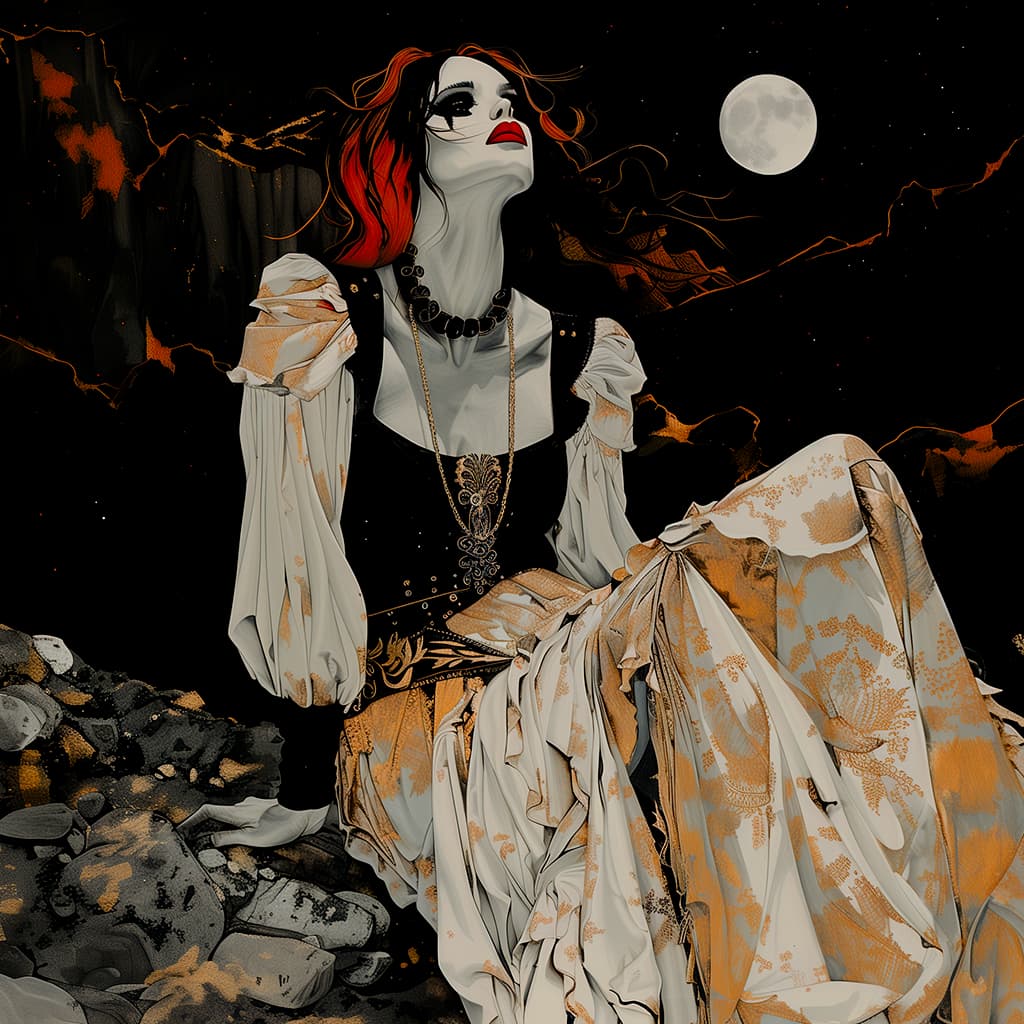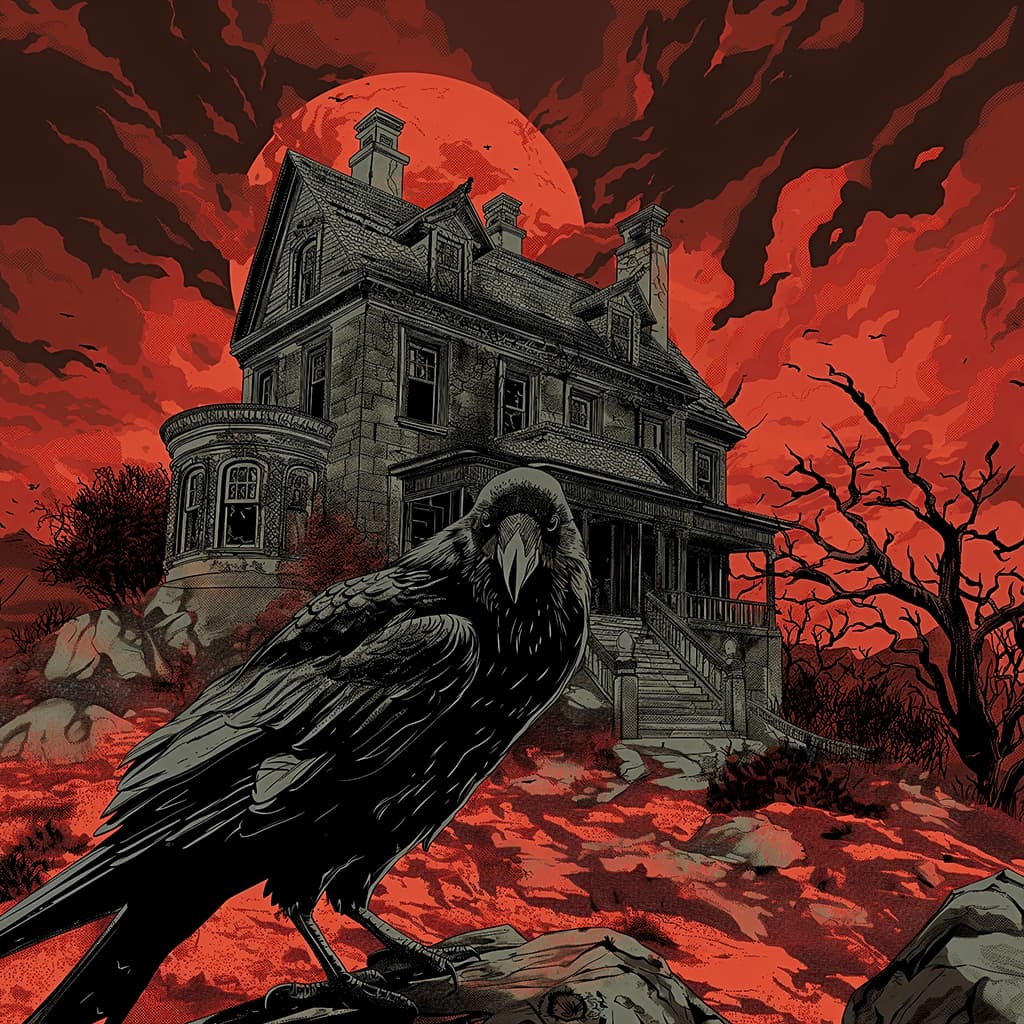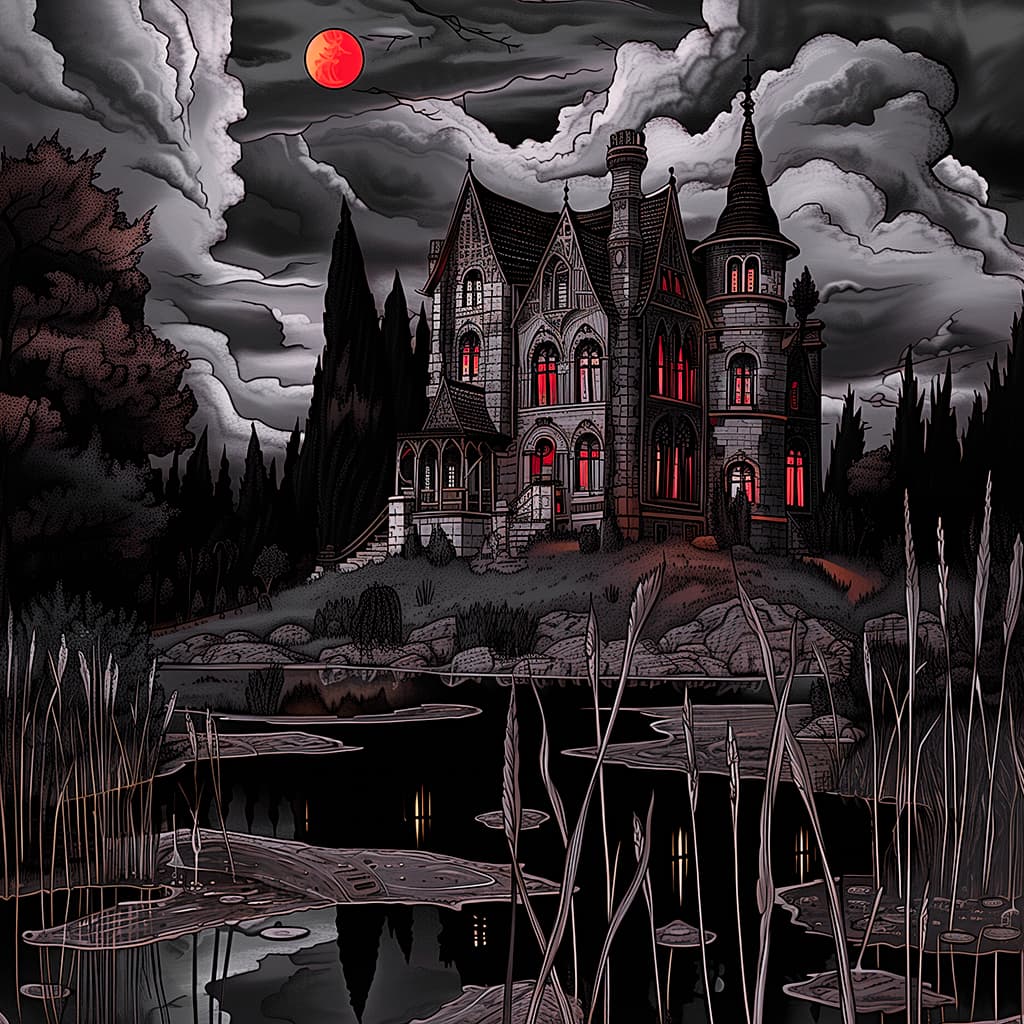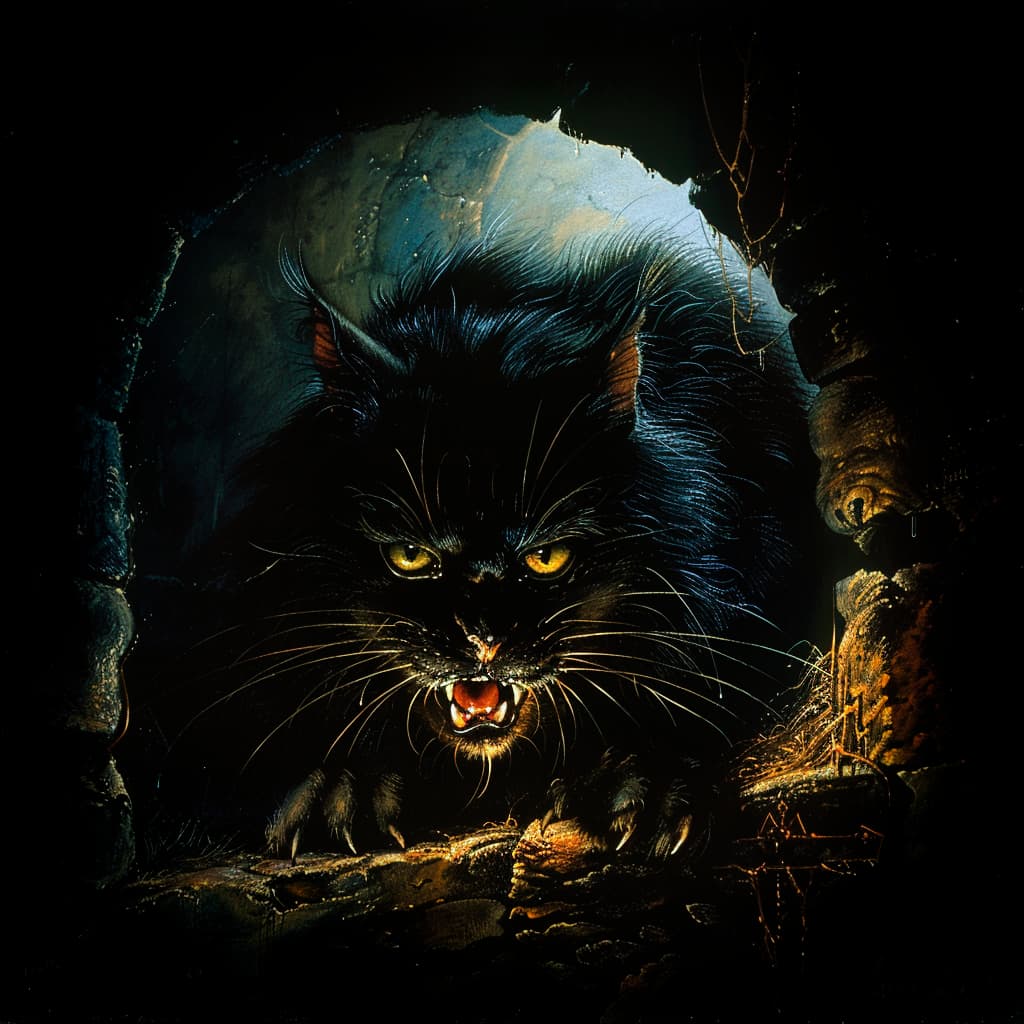Arthur C. Clarke: The Nine Billion Names of God
In “The Nine Billion Names of God,” a story by Arthur C. Clarke, a Tibetan monastery acquires an advanced computer to complete its century-old project: to list all the possible names of God in a special alphabet. The monks believe that completing this list will fulfill humanity’s divine purpose. Two occidental engineers are hired to install and operate the machine. As they near the end of the project, they struggle between logic and faith, grappling with the potential impact of completing this momentous task.





